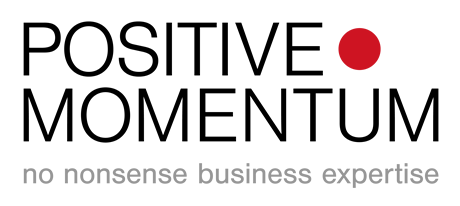According to Wikipedia “Empathy is the capacity to understand or feel what another person is experiencing from within their frame of reference, that is, the capacity to place oneself in another’s position.”
With entire organisations working from home, business has abruptly entered uncharted waters. For most companies, teams have never worked like this and leaders have never led like this. There has always been someone in the office. As consultants, we witness again and again that change is difficult for people, regardless of where they are in the organisation. In this unprecedented situation, there’s been no time for consultation. Change has been fast, harsh and all-encompassing, magnifying the difficulties many times over.
Put your people’s wellbeing first. Right now, leaders and team members alike will be feeling a range of emotions they may never have experienced. Not only around how they work and what they do, but also around health, family and financial security worries. Many will understandably be anxious in the extreme. The shockwaves of the pandemic will be world-shaking. While it’s impossible to envision a post-coronavirus landscape, it’s highly likely there will be a new normal. Now is the time for leaders to focus on making sure their people are in the best place they can be in order to meet the challenges and make the most of the opportunities.
This is a time for trust and empowerment. A senior employee of a large organisation confided in me recently that she felt the CEO didn’t trust employees, including her, to work remotely. This perception, and the limitations it put on people, was impacting their resourcefulness and the company’s performance. In this time of crisis, the KPIs might change for a while, perhaps permanently and perhaps for the best. Now is not the time to measure and micro-manage, but to give your people the chance to demonstrate that they can innovate, shine and succeed.
Three things you can do to help your teams work from a place of wellbeing, clarity and calm
1. Listen without judgement. This can often be more challenging than it sounds. Give people clear space to air how they feel about all aspects of the current situation. Perhaps offer them access to coaches and mentors from outside the business, with no agenda apart from their wellbeing.
2. Encourage the water cooler conversations that naturally happen in an office, the coffees that happen when you see clients. Make sure your teams know it’s fine for them to have a virtual video chat with a colleague or client. Or go further – schedule regular slots in the week where everyone meets via an online platform, with no agenda other than to check in with and support each other. How about supporting your people with free online yoga or exercise classes they can take part in from home?
3. When the outside world seems to be crumbling, go inside. Think empathy. Remember that everyone’s doing the best they can, in the light of emotions ranging from anxiety to near-panic. You don’t have to agree with everybody’s perspective – but it really helps to understand it. Psychology tells us that wellbeing, clear thinking and high performance are inextricably interwoven, and that success has ALWAYS fundamentally been an inside job.
Block "798" not found
Social Share







